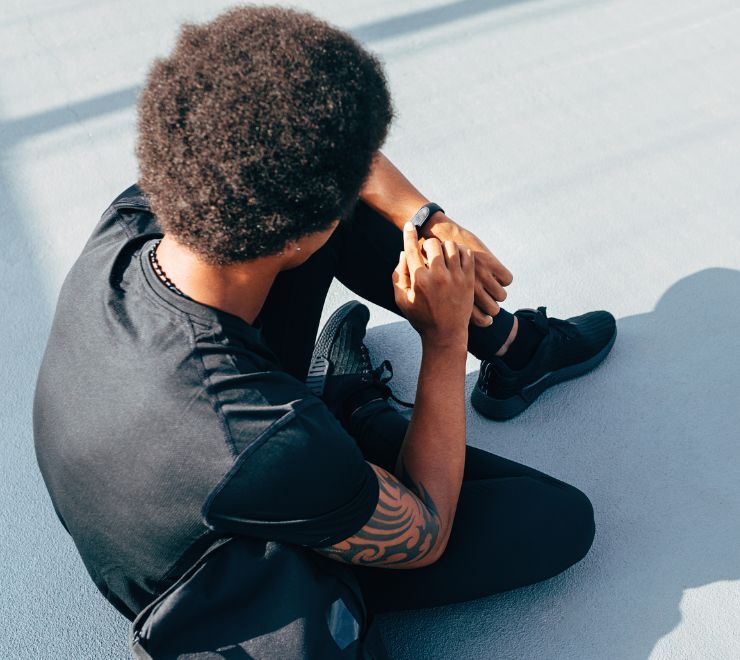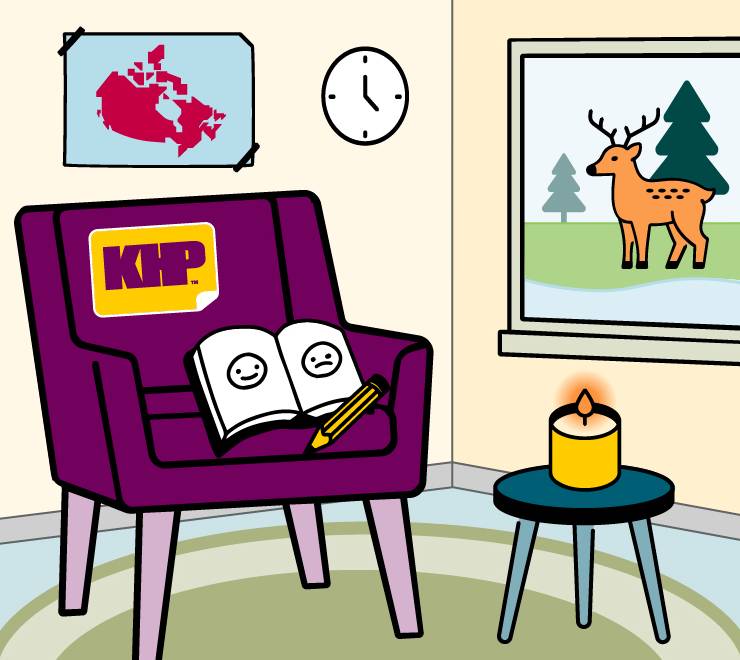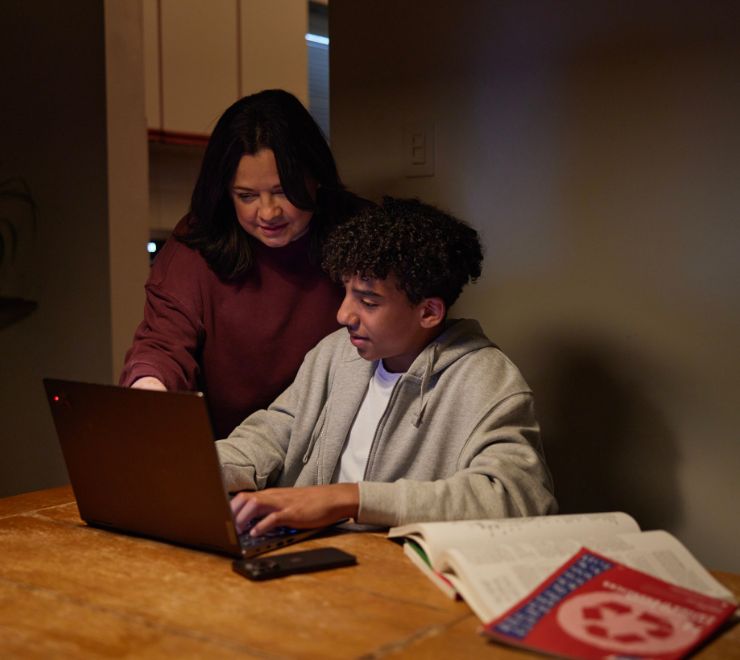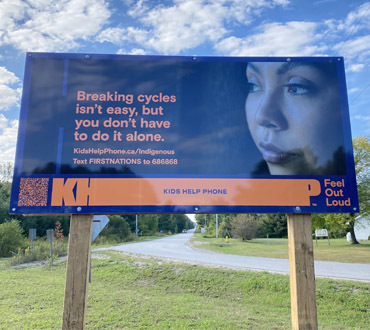Young people are inundated with messages about their bodies and appearance on a regular basis. Movies, TV, ads, social media feeds, friends and adults may all contribute to this. While there have been some improvements recently, many of these messages portray a specific body type as “ideal”. These images and ideas may put pressure on and encourage young people at an early age to look a certain way. That’s why it can be helpful to have open discussions with young people about body image early on and throughout their lives.
Here are a few things you can try:
Self-reflect
It’s common to have struggled with body image yourself at some point. You may want to consider what messages you received from your own family, peers and/or through the media.
You can ask yourself the following:
- Did I grow up in an environment where people made self-deprecating comments about their weight or others’? How did I feel when this happened?
- How do I feel about my body? How do I talk about my appearance, body, weight or shape in front of young people? Do I regularly talk about dieting or losing weight around them? Do I present weight loss as a solution to a problem?
- What do I understand now that I didn’t when I was younger? What would I have liked to be told or shown?
- How do I talk about food? Do I use words like “good foods” vs “bad foods”?
This type of reflection may help you to create an encouraging and more open environment for the young people in your life.
Celebrate all bodies
Mainstream media and health education often promote the idea that healthy bodies look a certain way. This results in messages that connect “thinness” as successful and “fatness” as a failure. These beliefs contribute to anti-fatness and anti-fat bias, terms that refer to the attitudes, behaviours and social systems that exclude, underserve and oppress specific groups of people. Anti-fat bias promotes the idea that fat bodies aren’t seen as socially acceptable and are unhealthy or unattractive. The related shame and stigma can have negative mental health impacts on people who don’t fit into the narrow range of bodies perceived as acceptable.
As a parent/caregiver, it’s important to communicate respect for diverse bodies, sizes, appearances and abilities. It’s helpful to remind young people that wellness is possible at any size and reaffirm that a person’s worth is never determined by how they look. This messaging may result in higher self-esteem and self-compassion.
Shift the focus
As a parent/caregiver, you can create an environment that:
- encourages young people to trust their own food and movement needs
- promotes accessible and joyful movement activities
- reminds young people that their value isn’t dependent on their weight, size or appearance
- fosters open dialogue and reflection
Shifting the focus away from appearance empowers young people to explore their skills, abilities and passions. This sends the message that a young person’s value stems from who they are as a person, and not their physical appearance.
You can explore additional Kids Help Phone resources here:
Other helpful resources include:
- Books for young kids on this topic, such as: Flora and the Flamingo, Big Hair, Don’t Care, What I Like About Me, El Deafo, It’s Okay To Be Different, I Like Myself, Shapesville, Wonder, The Skin You Live In, Brontorina, I Am Mixed
- Questions about body image – (Teen Talk)
As a parent/caregiver, it’s important to encourage and have open dialogue about body image. Whether this is done by modeling behavior, reflecting on messages from the media or incorporating more diverse images in your day-to-day life, there are lots of ways to continue the conversation.
If a young person in your life is struggling with body image, they can contact Kids Help Phone 24/7 for support and other ways to cope.















